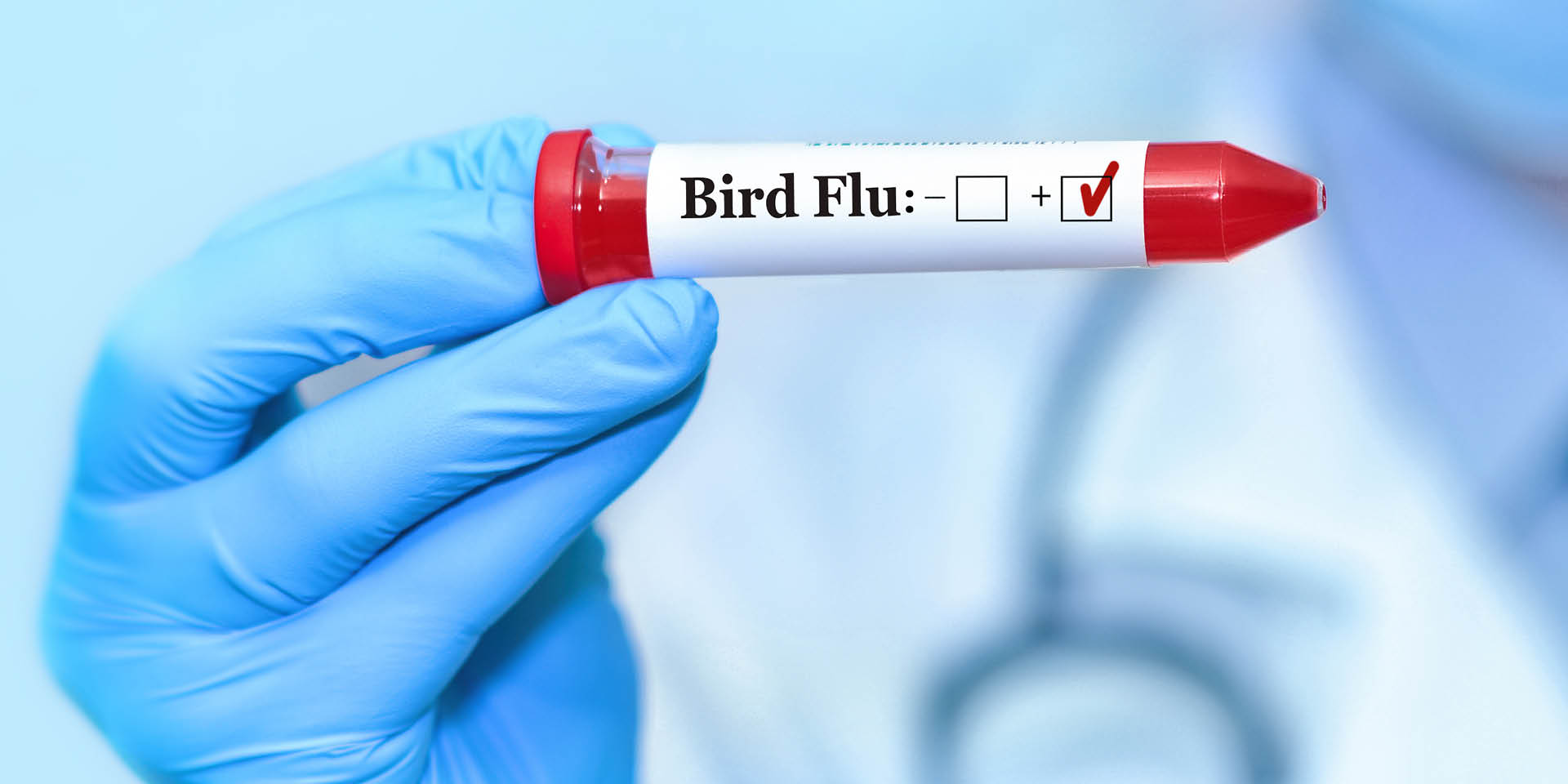Bird flu, also known as avian flu, is not new. The illness that spreads among birds has been around since 1996 and primarily affects animals. However, recently several people have been infected with the virus, sparking concern. Michael Kimzey, DO, infectious disease physician with Doylestown Health, says there’s no reason to panic.
“At present, it does not appear that the current strain of bird flu is especially dangerous,” says Dr. Kimzey. “To date, there have been only four cases reported in the US, there has been no person-to-person spread, and specific human illness has been limited to symptoms such as cough and eye discomfort/watering.”
Here are the top five things to know about bird flu.
What is Bird Flu?
Bird flu is a highly contagious viral infection that spreads among birds and other animals. It is a type of influenza A virus that can affect lungs and other parts of the body. Although people can become infected with bird flu, it is rare. There have been less than 1,000 people infected worldwide and only four people in the United States. The biggest threat bird flu poses is to the food chain, as it infects farm animals.
How Does Bird Flu Spread?
It is very rare for humans to spread bird flu. There have only been a few known cases where humans have contracted bird flu from another human. The most likely way to contract bird flu is to come in contact with an infected animal. Those who work closely with birds, or on farms, are most at risk.
What are Symptoms of Bird Flu?
Bird flu is rare in humans so the likelihood of contracting the virus is rare. But, symptoms include:
- Conjunctivitis (pink eye)
- Cough
- Fever
- Fatigue
- Sore Throat
- Shortness of breath
How is Bird Flu Diagnosed?
Because bird flu is so rare, healthcare providers do not routinely test for the virus. If you have reason to suspect you may have bird flu, tell your provider and they can do a throat or nasal swab. The swab will have to be sent to a special lab to be tested.
Can I Get Bird Flu from Eating Poultry?
You can’t get bird flu from eating poultry or eggs that have been properly cooked. Cows have also been infected with bird flu, but Dr. Kimzey says drinking pasteurized milk should not be a concern.
“I would reiterate the CDC's recommendations that people should not eat or drink raw milk, or products made with raw milk, both to prevent potential exposure to bird flu, and other infectious organisms,” he says.
How Can I Prevent Bird Flu?
Bird flu in people is rare so there is very little risk of contracting the virus. But, Dr. Kimzey says there are still ways to protect yourself and your family from bird flu.
“To protect from being exposed or contracting bird flu, people should avoid direct contact with wild birds, even if they appear well and not sick. Additionally, people should avoid unprotected contact with domestic birds (i.e. poultry such as chickens) that may be sick or have recently died. Finally, if one should find a dead bird, they should avoid direct (or unprotected) contact with them,” Dr. Kimzey says.
Contributing Caregiver
Michael Kimzey, D.O., is an infectious diseases physician at Doylestown Health. He specializes in the care of a wide-range of infectious conditions.
About Doylestown Health
Doylestown Health is a comprehensive healthcare system of inpatient, outpatient, and wellness education services connected to meet the health needs of the local and regional community. The flagship of Doylestown Health is Doylestown Hospital, a not-for-profit, community teaching hospital with 245 beds and a medical staff of more than 600 providers who deliver the highest quality care in over 50 specialties. Renowned locally, regionally, and nationally, Doylestown Hospital provides superior healthcare and offers advanced surgical procedures, innovative medical treatments, and comprehensive specialty services. Serving Bucks County for over 100 years, Doylestown Hospital is proud to educate and train the next generation of physicians through its family medicine residency program. Ranked as one of the World’s Best Hospitals by Newsweek and 9th in Pennsylvania, Doylestown Hospital is distinguished in both infection prevention and patient experience. Doylestown Hospital is the only hospital in Pennsylvania to achieve 18 consecutive ‘A’ grades for patient safety from Leapfrog Hospital Safety Grade. Learn more at doylestownhealth.org.

